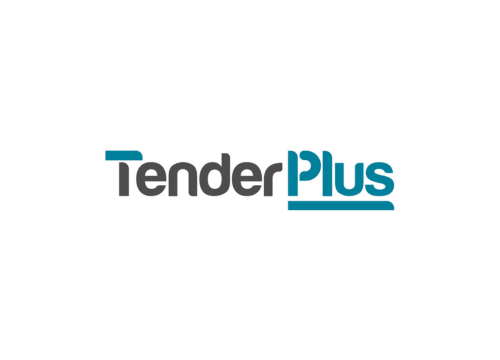
By Tender Plus Winning edge tender support
Written by Deborah Mazoudier, Founder & Director, Tender Plus
Over 18 months ago, my Tender Plus colleague, Tania Field, asked “what is our position on AI and bidding?” Honestly, I had no idea. Less than no idea. But as AI reared it’s medusa like head and started to pervade the world of tendering, including tender process and tender writing, I found myself researching what AI was all about, what its potential impact was likely to be, and needing to take a position.
So, I have. AI as a tool has its place in tendering. But it is not an unqualified place. AI & quality assurance must go hand in hand. Pace is great. Efficiency is great. But neither should come at the cost of quality.
When it comes to competitive tendering, using AI can be both a game-changer and a minefield.
You win tenders based on the accuracy of your solution and the currency of your information. AI can sometimes spit out inaccurate, misleading or out of date information. Sometimes, it is said to “hallucinate”.
Even if AI is fed by your proprietary tender material in a closed system, it is only as sound, persuasive and accurate as the information you put into it. As my professional colleague, Nyree McKenzie from Bidhive tells me “You put crap in, you get crap back!” (language toned down for the more sensitive among us).
We’ve all seen the images of what AI thinks a perfect woman or a doctor (read male) looks like from the stereotypes it inhales and feeds off. AI models have built-in biases, often reflecting the data they are trained on.
Imagine if you allow the decision-making from former tenders written on the basis of specific and defined client need and certain market conditions to infuse the solution of your current bid. Deliberate client-centric decision-making and strategy is still a must. You must quality assure the information you generate against your current tender strategy for each and every client on each and every bid.
AI is stilted and not persuasive. Currently, it writes like my daughter writes her first draft of her Year 9 assignments. C- here we come. And the intellectual snob in me finds it incredibly grating that a machine can spit out something in 2 minutes and some people are prepared to take it at face value. Not all drafting was created equal.
A client asked me the other day if AI would save them on our consulting hours. I said it depended on what came out the other end. But regardless, time would still need to be spent by us mere humans on the analysis, the argument, the persuasiveness of the solution, and the articulation of its benefits to the client.
For businesses that “churn” out proposals, AI can be incredibly helpful. Being able to create drafts or templates from a volume of available proposals is great. It is quick and efficient.
But a fundamental attribute of all tenders is that they are competitive - you must differentiate to win. So, while AI can generate a solid bronze draft, original, differentiated and bespoke content will always need to be drafted.
And then there is reputation. I have argued for years that “throwing in a tender” just for the sake of it is a greater risk to reputation than not submitting at all. I think it was the first blog I ever wrote in 2014 on our old website! Relying on AI as first and final draft is risky. Submitting a tender with inaccuracies or low-quality content will damage your reputation.
AI is here. There is no hiding from it. Tender Plus is embracing it as a useful tool. But we are also embracing our skill set to ensure its use is quality assured at all times.

.png?lang=en-AU&ext=.png)

